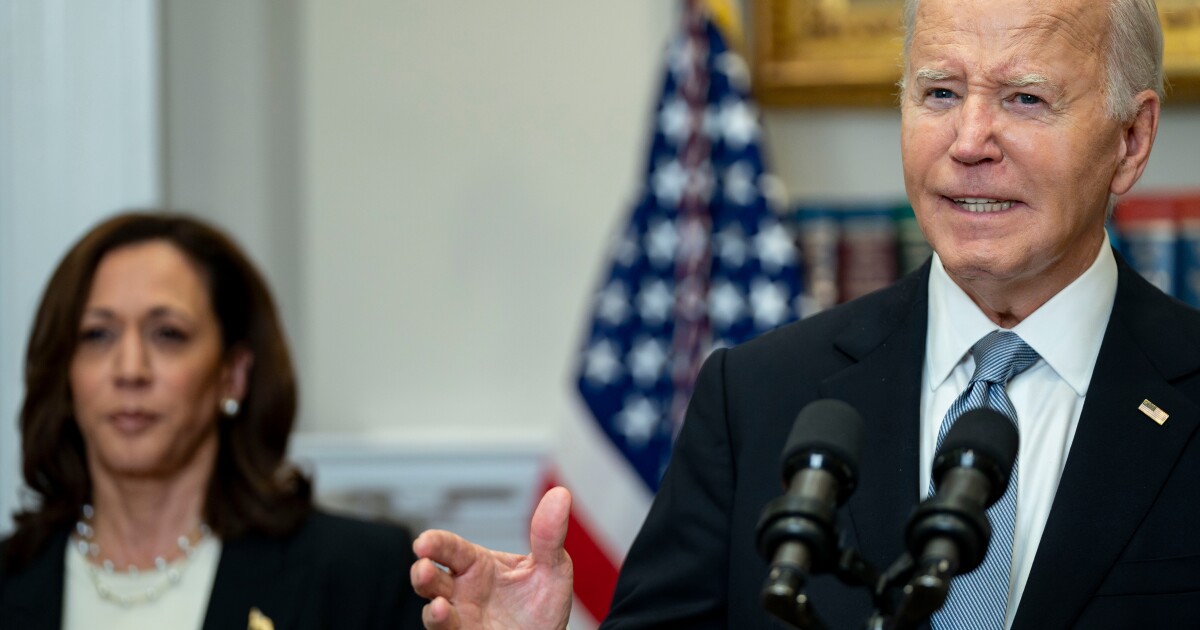
WASHINGTON — President Joe Biden has dropped out of the presidential race, and has endorsed Vice President Kamala Harris to lead the Democratic ticket in November.
Biden steps down from the race in a historic move amid
Harris doesn't have strong progressive credentials on banking issues. She's taken criticism, for example, for declining to prosecute OneWest Bank or its then-CEO Steven Mnuchin, despite the California Department of Justice's recommendation to do so when the bank was found to have participated in "widespread misconduct" when foreclosing on homes.
A potential Harris campaign would have the ability to pick its own vice presidential candidate. Although it's unlikely that the campaign would want to run a progressive lawmaker — instead likely opting for another moderate from a swing state — the pick could have a big influence on the future of the Democratic party and its aims in Washington.
While the choice of Harris as nominee is not entirely set in stone — the party could go through an open nominating process at the convention in August, in which case any number of potential nominees could win — Harris has the inside track, having been endorsed by Biden and having access to the war chest that the Biden campaign has amassed over months.
It's not clear how Harris, who's typically been seen as a political moderate, would approach economic issues should she be elected president. With courts of law becoming increasingly powerful in all kinds of policy realms and Congress tightly gridlocked on almost any policy issue, the next president of the country will have perhaps the most influence on economic and banking policy of any other president.
Harris has advanced the Biden administration's economic priorities during her time as vice president, including championing the infrastructure bill that Biden signed. As a senator, she introduced a tax credit of up to $6,000 for middle- and low-income families.
On the campaign trail, Harris has sought to differentiate the Biden administration's policies from those that former President Trump has floated — specifically higher tariffs.
"Well, understand: Independent economists agree his tariffs would increase the cost of everyday expenses for families — the cost of gas, groceries, and clothing," Harris said at an event in North Carolina on Thursday. "We, on the other hand, have taken on Big Pharma, the big banks, and big corporations to bring down costs."
Harris has also lent her support to some controversial proposals being put forward by the Consumer Financial Protection Bureau, including
Harris has a
Also as a senator, she also
"It has been the greatest honor of my life to serve as your president," Biden said on social media. "I believe it is in the best interest of my party and the country for me to stand down and focus entirely on fulfilling my duties as president for the remainder of my term."



